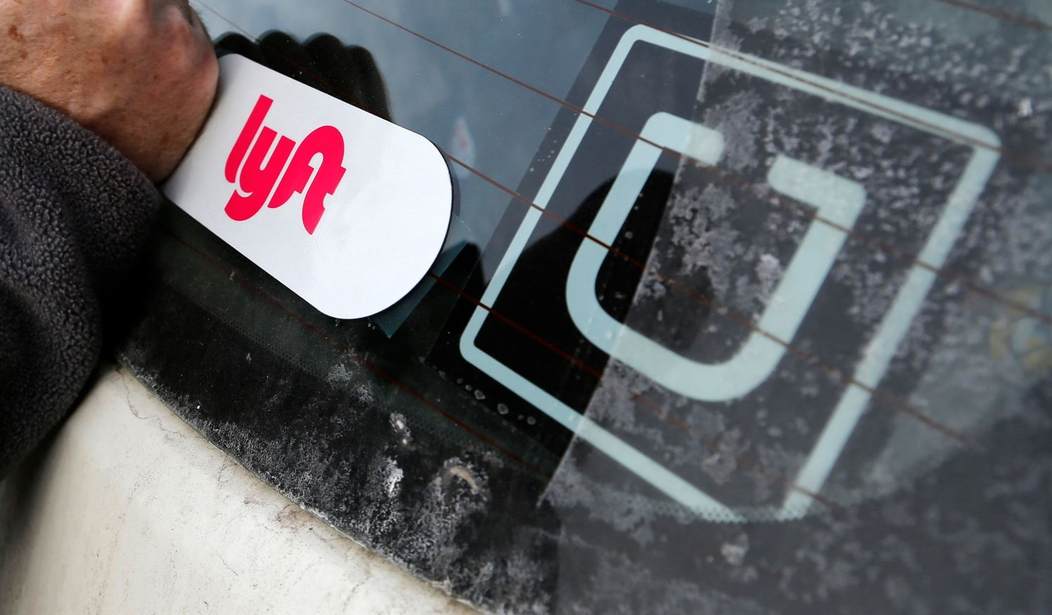The decision many have been waiting for has arrived: on Thursday, the California Court of Appeals ruled that Uber Technologies Inc. and Lyft Inc. must now classify their drivers in California as employees. This was the final mile in the courts. In 11 days, California voters get to decide their fate.
The ballot measure Proposition 22 will be the last stand for app-based rideshare and delivery drivers who wish to remain independent. If it passes, the prop will codify app-based drivers’ ability to choose to work as independent contractors with control over where, when, how long and for whom they work.
When the California Legislature voted to pass the contentious AB5 bill and Governor Gavin Newsom signed it into law, it made it illegal for app-based drivers to choose independent work. Uber and Lyft immediately filed an injunction to stay the effects of the law on its independent contractors and the availability of rideshare and delivery services.
Uber, Lyft, DoorDash, and a few other smaller companies worked to ensure Prop 22 made it on the November ballot, and have spent over $190 million in education and advertising. All this while fighting in the courts in order to keep from re-classifying its independent contractors as employees.
In August, Uber and Lyft were denied a stay, requiring them to immediately comply with the law. The rideshare companies threatened to exit California, and through the intervention of Governor Newsom and certain lawmakers, the companies received a temporary stay until October 22.
Thursday’s ruling gives Uber and Lyft 30 days to comply. If Prop 22 passes, it will allow rideshare and delivery drivers to remain independent contractors, carving out another exemption from a law that is already shot full of holes with exceptions. While the prop’s passage does not mitigate the effects of AB5 for other freelancers and independent contractors, Yes on Prop 22 will help to erode the flawed AB5. For this reason, non-drivers like Maressa Brown are fully supportive of Yes on Prop 22.
This fall, voters are being asked if they support Californians' choice to be self-employed. Because we weren't consulted the first time around. #YesOnProp22 https://t.co/EHI9SjRFMb
— Maressa Brown (@MaressaSylvie) October 15, 2020
Angel investor Ron Conway is also in full support of the measure.
App-based rideshare & delivery drivers always come through. Now, CA we need to come through for them. A huge majority of app-based drivers are asking us to VOTE #YESonProp22. It saves jobs, protects their independence & provides drivers new benefits! https://t.co/nLqYcmg2Kz
— Ron Conway (@RonConway) October 22, 2020
An independent study details what is on the line if Prop 22 fails:
- an increased cost for consumers of rideshare services ranging from 25.9% to 100% in some markets – meaning that a typical $15 ride across town would cost between $19 and $30;
- an increased cost for food / grocery delivery services ranging from 35.2% to 100% in some markets – meaning that a typical delivery charge of $12 would cost between $16 and $24;
- a reduction of the customer base served to only those persons residing in the most densely populated areas of the state – meaning little or no service to most Californians living in rural or suburban areas of the state;
- a reduction of service days and times in these urban areas – meaning service availability during peak usage hours only (mostly commute times and weekend entertainment/nightlife periods for rideshare and standard dining times for food delivery); and
- an increase in wait times and a decrease in reliability for customers – meaning an average wait time for rideshare of 7 minutes may double to 14 minutes, and average wait time for food/grocery delivery of 40 minutes may double to 1 hour and 20 minutes, or more, except in the most densely populated service areas.
These negative consumer impacts will, of course, have a significant negative impact on drivers. Our analysis indicates that drivers’ average hourly compensation will be reduced from $19.55 per hour today to approximately $14.67 per hour under an employment model.
Can’t stress enough how critical it is for CA voters to understand the significance of how lives will change without Prop 22. So many passengers rely on this service on a daily basis and hundreds of thousands of drivers gigs are at risk. #YESonProp22 @VoteYesOn22
— MomLyft YES ON 22 (@MomLyft) October 22, 2020
Ciaran Blumenfeld is thankful for the safe transportation option it allows her children. Mothers Against Drunk Driving (MADD) has endorsed Prop 22 for that same reason.
As a mom I am@so glad that my kids have options to get home safe, and to get food delivered when the post party munchies happen. This saves lives! #yesonProp22 https://t.co/ydeAjcmogi
— Ciaran Blumenfeld (@CiaranBlu) October 22, 2020
Dr. Tecoy Porter warns of the harm to minority communities should Prop 22 fail. Millions of app-based drivers are Black and Hispanic, and in the midst of this pandemic, cutting off this source of income would only drive them further into poverty.
I'm voting #YesOnProp22 pic.twitter.com/B9Cm4v6asU
— Dr Tecoy Porter Sr. (@DrTecoyPorterSr) October 22, 2020
The success of this proposition goes beyond convenience to issues of safety, autonomy, and freedom for rideshare and app-based drivers. Much is at stake. Vote Yes on Prop. 22.















Join the conversation as a VIP Member